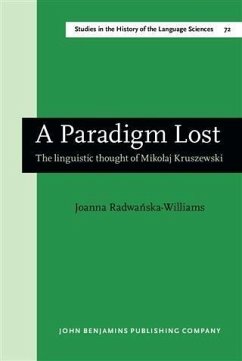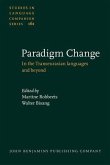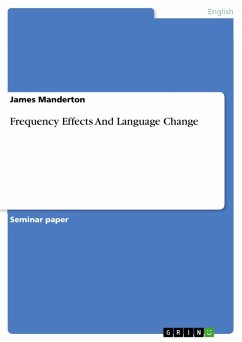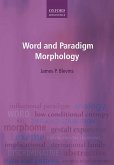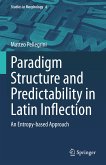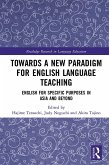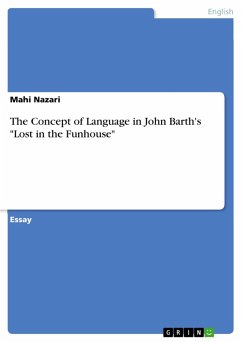The general theory of language of Mikolaj Kruszweski (1851-1887) is, this book argues, a "lost paradigm” in the history of linguistics. The concept of 'paradigm' is understood in a broadly construed Kuhnian sense, and its applicability to linguistics as a science is examined. It is argued that Kruszewski's theory was a covert paradigm in that his major work, Ocerk nauki o jazyke ('An Outline of the Science of Language', 1883), had the potential to be seminal in the history of linguistics, i.e. to achieve the status of a 'classical text', or 'exemplar'. This potential was not realized because Kruszewski's influence was hindered by various historical factors, including his early death and the simultaneous consolidation of the Neogrammarian paradigm, with its emphasis on phonology and language change. The book examines the intellectual background of Kruszweski's thought, which was rooted, in part, in the tradition of British empiricism. It also discusses Kruszewski's relationship to his teacher Jean Baudouin de Courtenay (1845-1929), his attitude towards the Neogrammarian movement in linguistics, the ambivalent reception of his theory by his contemporaries, and the influence of his work on the linguistic theory of Roman Jakobson (1896-1982).
Dieser Download kann aus rechtlichen Gründen nur mit Rechnungsadresse in A, B, BG, CY, CZ, D, DK, EW, E, FIN, F, GR, HR, H, IRL, I, LT, L, LR, M, NL, PL, P, R, S, SLO, SK ausgeliefert werden.

